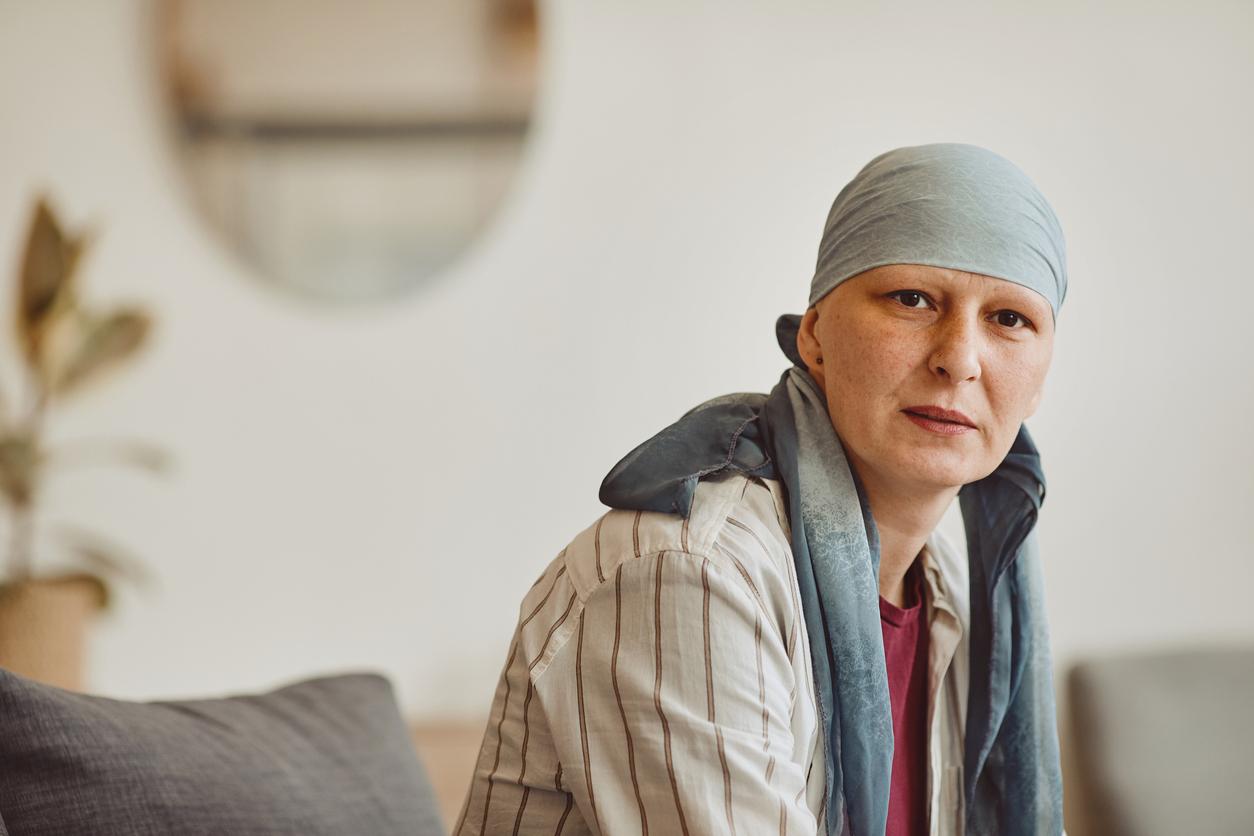SARS-CoV-2 deaths in UK cancer patients dropped 84% after the COVID-19 vaccine rollout, estimates a University of Birmingham-led team today in Scientific Reports.
The UK Coronavirus Cancer Programme study assessed rates of hospital evaluation, intensive care unit (ICU) admission, and death among 127,322 UK cancer patients and 15,801,004 controls without cancer who tested positive for COVID-19 from November 2020 to August 2022. The COVID-19 vaccine rollout began in December 2020.
"This evaluation provides the largest global granular analyses of the complex interaction between intrinsic patient factors and severe COVID-19 outcomes from the start of the pandemic using our UK population-scale COVID-19 cancer dataset," the researchers wrote.
Among cancer patients, 39,033 positive COVID-19 tests were linked to a hospital assessment, while 28,061 were tied to hospitalization, 2,168 with ICU admission, and 15,278 with infection-related death. Over the study period, receipt of at least one COVID-19 vaccine dose rose to over 90% in both cancer patients and controls.
Deaths still twice as high in cancer patients in 2022
The death rate in cancer patients decreased from 20.5% to 3.3%, an 84% decrease, while it dropped from 4.2% to 0.4% in controls. The study authors, however, noted that these rates were still 2.1-fold and 2.5-fold higher in cancer patients than in controls, respectively, in 2022.
Hospitalization rates in cancer patients fell from 30.6% in early 2021 to 7.5% in 2022, similar to trajectories in controls. ICU admissions in early 2021 fell from 2.54% and 1.52% among cancer patients and controls, respectively, to less than 0.5% in both groups.
Patients with blood cancer (especially leukemia) and those with stage 4 cancer or those who had received SACT (cytotoxic therapy, B/T cell antibody, and targeted therapy) had significantly higher risk of poor COVID-19 outcomes. But age better predicted death than type of cancer, with a 10.3% COVID-19 death rate in cancer patients aged 80 and older, compared with 2.8% in younger people.
Findings may help others with weak immune systems
"We observed that case-outcome rates across the majority of cancer subtypes were lower in 2022, corresponding with the Omicron wave, when the majority of patients with cancer had received one or more COVID-19 vaccine dose, compared to both 2020 and 2021," the study authors wrote.
In addition to prioritization of vaccines for vulnerable people such as those with cancer, changes in clinical care (including reconfiguration of cancer treatment programs and better access to healthcare services), and the more recent availability of antiviral treatments and monoclonal therapies likely helped reduce disease severity. "These measures have likely made cancer centres better protected from respiratory pathogens than at any time in history," the researchers said.
We observed that case-outcome rates across the majority of cancer subtypes were lower in 2022, corresponding with the Omicron wave, when the majority of patients with cancer had received one or more COVID-19 vaccine dose.
They added that the results can be applied to other susceptible populations, such as transplant patients and other groups with weakened immune systems.
While cancer patients remain at higher risk of poor outcomes than those without cancer, the findings are promising, according to the researchers "Patients with cancer must therefore be empowered to live more normal lives, to see loved ones and families, while also being safeguarded with expanded measures to reduce the risk of transmission," they wrote.
In a University of Birmingham news release, senior author Lennard Lee, DPhil, said many cancer patients worry that they have been forgotten. "Our work shows that the UK is emerging out of the tunnel of the global pandemic, and we know who are still at the greatest risk of the consequences of Covid-19 infection so that they're not left behind," he said.





















